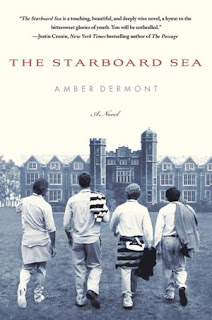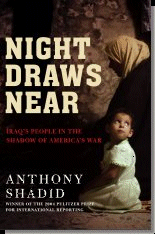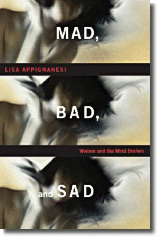Tim Harford
Tim Harford is the author of The Undercover Economist and The Logic of Life.
His latest book is Adapt: Why Success Always Starts with Failure.
From his Boing Boing Q & A with Cory Doctorow:
Cory Doctorow: First of all, some context -- what's the thesis of Adapt, and how does it refine, extend or improve upon The Undercover Economist?Visit Tim Harford's website.
Tim Harford: The Undercover Economist was a book about the economic principles behind everyday life, from the way Starbucks prices drinks to the rise of China. Adapt isn't primarily an economics book at all — it's a book about how complex problems are solved. (If ideas from economics help, great. But sometimes they don't.)
That said, the two books start from a very similar place: describing the amazing complexity of the economy that produces the everyday objects which surround us. In Undercover it was a cappuccino, and in Adapt I describe a memorable project in which astudent called Thomas Thwaites attempts to build a simple toaster from scratch. But in Adapt this complexity isn't just a cause for a "wow, cool" moment — it's a headache, because it's a measure of the obstacles facing anyone who wants to solve problems in this very intricate, interconnected world.
Ultimately Adapt argues that the only way forward is experimentation, which can either be formal or ad hoc. Whether we're talking about poverty in Nigeria or innovation in Boston, solutions tend to evolve rather than be designed in some burst of awesome genius. And then the question is — what do we need to encourage those experiments?
Cory: Is adaptability a function of scale? Are smaller firms really nimbler? Or is a one-person shop prone to becoming a folie-a-un?
Tim: There are pros and cons to scale. Smaller firms probably do spot problems faster, because big companies have all sorts of communication problems between the boardroom and the shop floor; but at the same time, it's hard to a lot of experimenting if you're small. You have to try one or two things at a time and hope the failures don't wipe you out.
The most poignant example for me is probably Johannes Gutenburg, who invented the moveable type printing press but then went bankrupt, partly because he was vulnerable after running up debt to pay for the famous 42-line Bible. His immediate imitators eventually figured out that the real money was in...[read on]
Tim Harford: top 10 undercover economics books.
The Page 69 Test: The Undercover Economist.
The Page 69 Test:The Logic of Life.
The Page 99 Test: Adapt: Why Success Always Starts with Failure.
--Marshal Zeringue





























